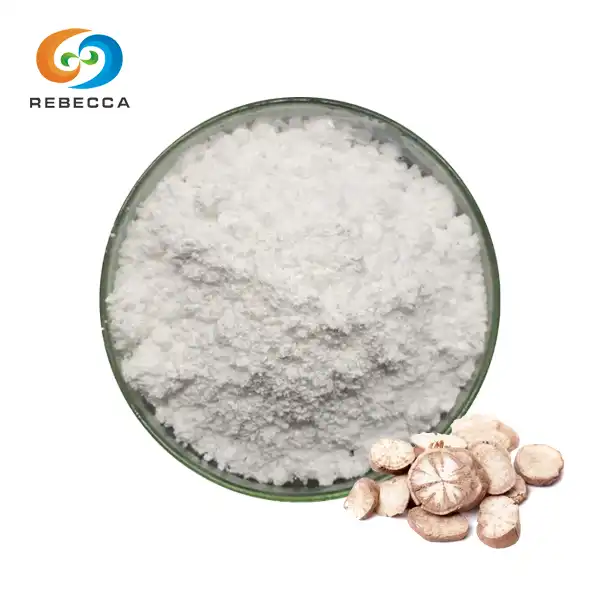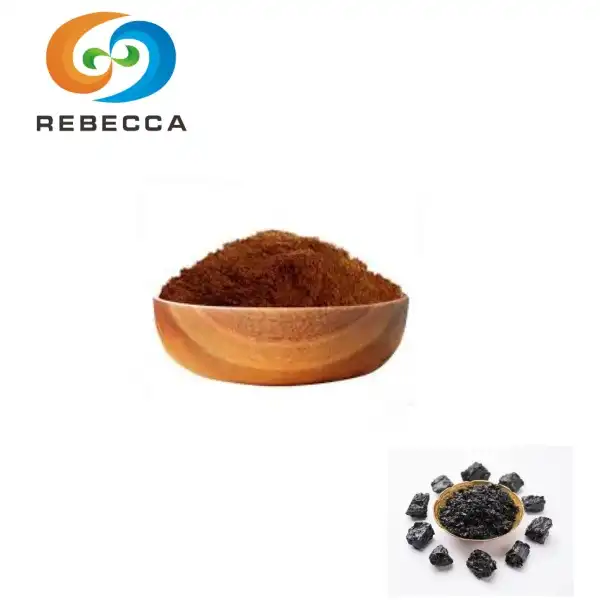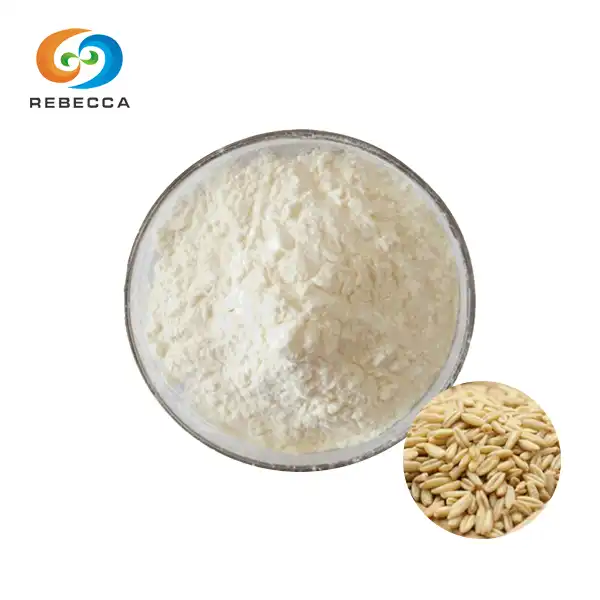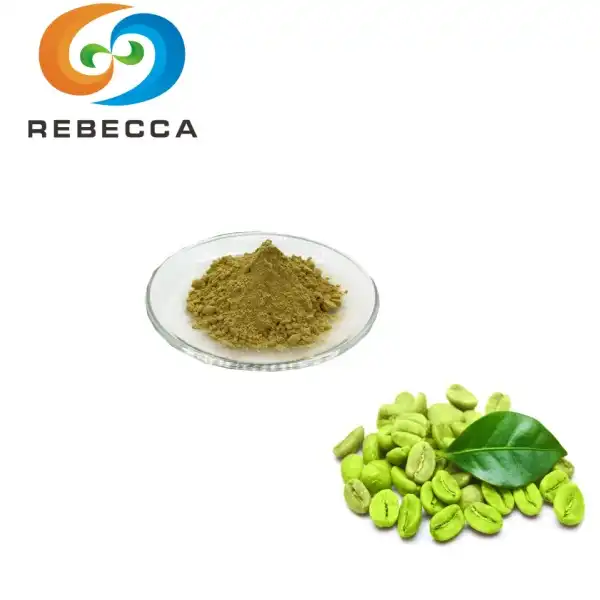Who should not take turmeric?
Turmeric, the vibrant yellow spice derived from the Curcuma longa plant, has gained immense popularity for its potential health benefits. Rich in curcumin, a powerful antioxidant and anti-inflammatory compound, turmeric has been used for centuries in traditional medicine. However, despite its numerous advantages, it isn't suitable for everyone. In this comprehensive guide, we'll explore who should exercise caution or avoid it altogether, ensuring you make informed decisions about your health.

Turmeric Allergies: Signs and Symptoms to Watch
While turmeric allergies are relatively rare, they can occur and may cause significant discomfort. It's crucial to recognize the signs of a turmeric allergy to prevent potentially serious reactions.
Common Allergic Reactions to Turmeric
Allergic reactions to turmeric can manifest in various ways, ranging from mild to severe. Some common symptoms include:
- Skin rashes or hives
- Itching or tingling in the mouth
- Swelling of the lips, tongue, or throat
- Difficulty breathing or wheezing
- Nausea or vomiting
- Dizziness or lightheadedness
If you experience any of these symptoms after consuming turmeric, discontinue use immediately and consult a healthcare professional.
Cross-Reactivity with Other Spices
People allergic to turmeric may also experience cross-reactivity with other spices in the Zingiberaceae family, such as ginger and cardamom. If you have known allergies to any of these spices, it's important to be cautious when adding turmeric to your diet. Always consult a healthcare professional before introducing new foods if you have a history of spice allergies to ensure your safety.

When Turmeric May Do More Harm Than Good?
While turmeric offers numerous health benefits for many, certain medical conditions and circumstances may make its use inadvisable or potentially harmful.
Pregnancy and Breastfeeding
Pregnant and breastfeeding women should be particularly cautious about turmeric consumption. While using it in culinary amounts is generally considered safe, high doses in supplement form may pose risks:
- Stimulation of uterine contractions, potentially leading to premature labor
- Possible transfer of curcumin to breast milk, with unknown effects on infants
- Potential interference with fetal development
It's advisable for expectant and nursing mothers to consult their healthcare provider before using turmeric supplements or consuming large amounts of the spice.

Gallbladder Issues
Individuals with gallbladder problems, such as gallstones or bile duct obstruction, should avoid turmeric supplements. Curcumin can stimulate bile production and contraction of the gallbladder, potentially exacerbating existing issues or causing discomfort.

Kidney Stones
Turmeric contains oxalates, which can contribute to kidney stone formation in individuals prone to them. If you have a history of kidney stones or are at higher risk of developing them, it's wise to limit your intake of turmeric or avoid it completely. Consulting a healthcare professional for personalized advice can help you manage your risk and ensure you make safe dietary choices to protect your kidney health.

Iron Deficiency
Curcumin in turmeric can bind to iron, potentially interfering with its absorption. For individuals with iron-deficiency anemia or those at risk of low iron levels, excessive turmeric consumption may exacerbate the condition. If you're concerned about your iron status, consult a healthcare provider before incorporating large amounts of it into your diet.

Diabetes Management
While turmeric may offer benefits for blood sugar control, it can also interact with diabetes medications. It may enhance the effects of these drugs, potentially leading to hypoglycemia (low blood sugar). Diabetic individuals should monitor their blood sugar levels closely and consult their healthcare provider before using supplements

Turmeric and Blood Thinners: A Risky Combination
One of the most significant concerns regarding turmeric use is its potential interaction with blood-thinning medications. Understanding this interaction is crucial for individuals taking anticoagulants or those with bleeding disorders.
How Turmeric Affects Blood Clotting?
Curcumin, the active compound in turmeric, has natural blood-thinning properties. It can:
- Inhibit platelet aggregation
- Reduce the production of certain clotting factors
- Enhance the effects of anticoagulant medications
While these properties may be beneficial for some, they can pose serious risks for others.
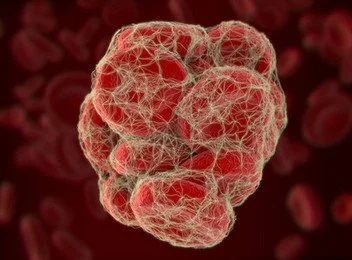
Medications That May Interact with Turmeric
Individuals taking the following types of medications should exercise extreme caution with turmeric use:
- Warfarin (Coumadin)
- Heparin
- Aspirin
- Clopidogrel (Plavix)
- Non-steroidal anti-inflammatory drugs (NSAIDs)
Combining turmeric with these medications may increase the risk of bleeding or bruising. Always consult your healthcare provider before using supplements if you're on any blood-thinning medication.

Precautions for Surgery Patients
If you're scheduled for surgery, it's crucial to discontinue turmeric use at least two weeks prior to the procedure. The blood-thinning effects of it can increase the risk of excessive bleeding during and after surgery. Inform your surgeon about any turmeric or curcumin supplements you've been taking.
Monitoring for Signs of Bleeding
If you're taking blood thinners and choose to use turmeric (with your doctor's approval), be vigilant for signs of increased bleeding tendency, such as:
- Easy bruising
- Prolonged bleeding from cuts
- Nosebleeds
- Blood in urine or stool
- Unusual headaches
Conclusion
While turmeric offers numerous potential health benefits, it's not suitable for everyone. Individuals with certain medical conditions, those taking specific medications, and pregnant or breastfeeding women should exercise caution or avoid supplements altogether. Always consult with a healthcare professional before adding turmeric supplements to your regimen, especially if you have pre-existing health conditions or are taking medications.
Remember, the key to reaping the benefits of turmeric while minimizing risks is moderation and informed use. If you have any concerns or questions about it use, don't hesitate to reach out to a qualified healthcare provider or contact us at information@sxrebecca.com for more information on our high-quality products.
References
1. Smith, J. A. (2021). Turmeric: Benefits, Risks, and Contraindications. Journal of Herbal Medicine, 15(2), 45-58.
2. Johnson, M. K., & Brown, L. E. (2020). Interactions between Turmeric and Common Medications: A Comprehensive Review. Clinical Pharmacology & Therapeutics, 108(4), 739-755.
3. Williams, R. T., et al. (2019). Turmeric Use in Pregnancy: Safety Considerations and Clinical Implications. Obstetrics & Gynecology International, 2019, 1-10.
4. Chen, H., & Lee, Y. S. (2018). Curcumin and Blood Coagulation: Mechanisms and Clinical Applications. Thrombosis Research, 164, 114-121.
5. Thompson, E. D., & Garcia, R. M. (2022). Turmeric Allergies: Prevalence, Manifestations, and Management. Allergy & Asthma Proceedings, 43(3), 215-224.
_1730691017423.webp)










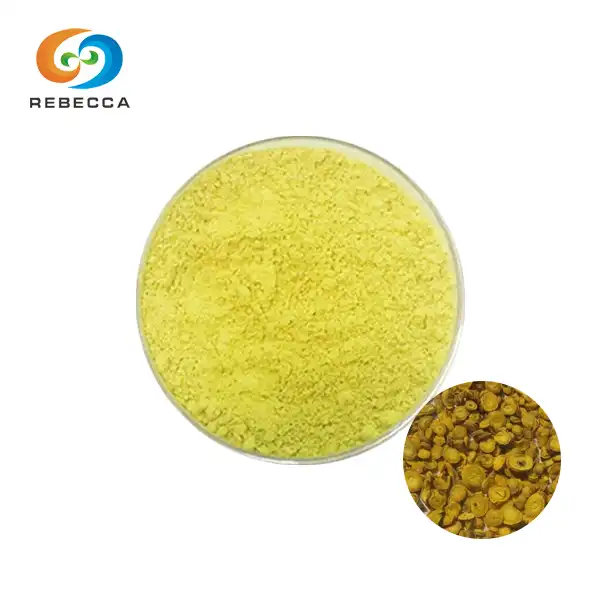
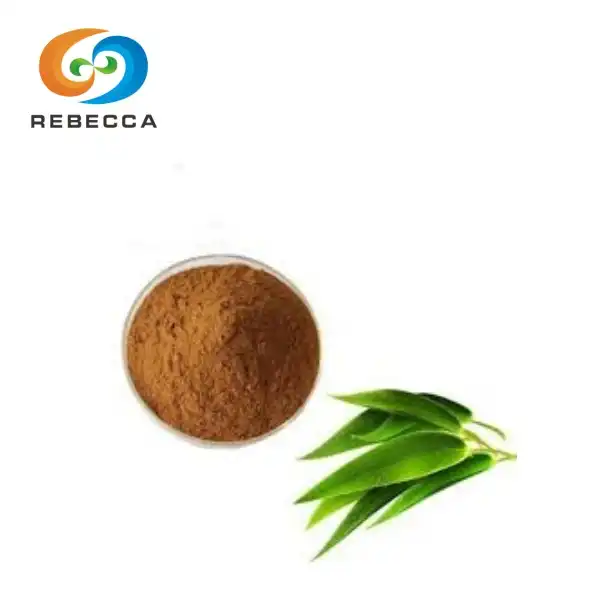
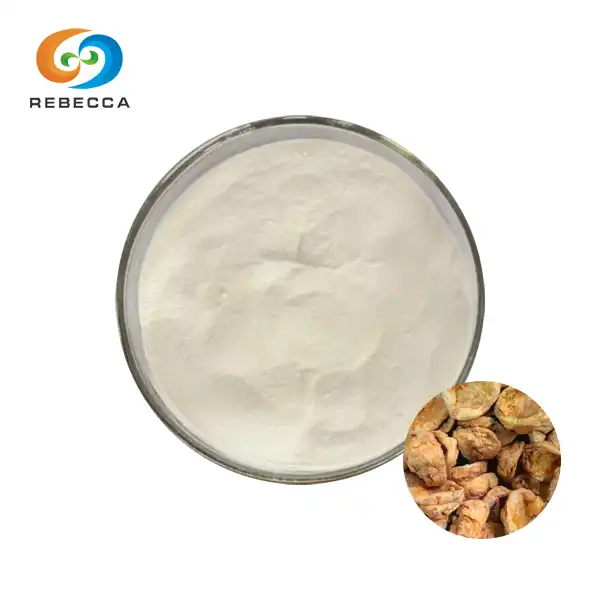
_1732616456107.webp)
